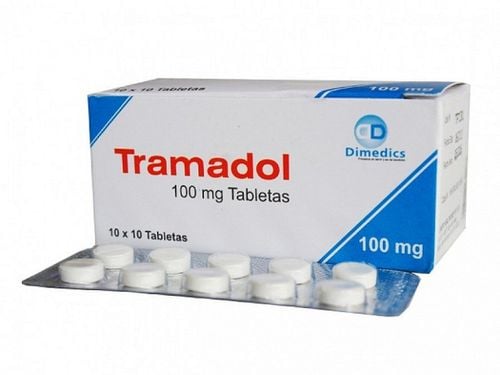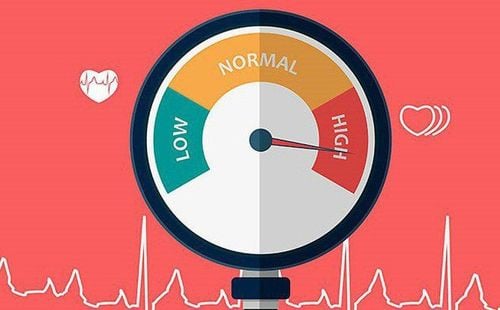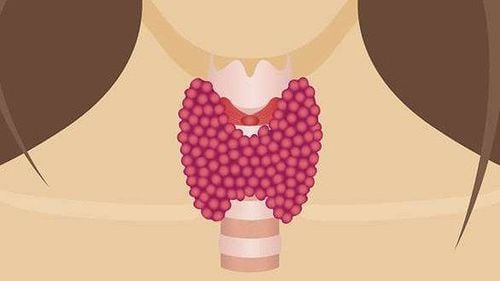Sexual activity is sublimated thanks to the effects of hormones and neurotransmitters. These substances have the effect of increasing the feeling of excitement during and after sex, helping to maintain family happiness.
1. Which hormones and neurotransmitters are produced during sexual activity?
Oxytocin: Oxytocin, also known as the "love hormone," is a neurotransmitter and hormone produced in the hypothalamus, transported by the pituitary gland, and released.
Oxytocin plays a crucial role in sexual and reproductive functions. Specifically:
- In terms of sexual function, oxytocin is released during arousal, intensifying feelings of pleasure. Additionally, oxytocin promotes feelings of closeness, affection, and sexual bonding with a partner.
- For reproductive function, oxytocin increases uterine motility, causing contractions in the uterus. During childbirth, oxytocin is released to induce contractions as the cervix and vagina dilate. Oxytocin also plays a role in social interactions, fostering connections, teamwork spirit, social engagement, and the desire for recognition.
Endorphins: Endorphins are neurotransmitters released during sexual activity, feelings of happiness, or engaging in physical exercise. They bind to pain receptors in the brain to reduce pain, alleviate stress, fatigue, and release negative thoughts. Endorphins also soothe the central nervous system, creating a sense of satisfaction. Feeling drowsy and a light-headed sensation can occur when the body releases this hormone, leading most men to feel relaxed and sleepy after sexual activity.
Serotonin: Serotonin is released after sexual activity, contributing to feelings of contentment, satisfaction, and optimism in life. It is involved in mood regulation and combating depression.

Adrenaline: Adrenaline is a type of hormone and neurotransmitter produced by the adrenal glands during sexual activity. When adrenaline levels are high, it can lead to the following reactions:
- Dilation of blood vessels
- Increased heart rate
- Increased blood flow to muscles
These changes are believed to be the result of the heightened excitement during sexual activity. The higher the level of excitement, the more adrenaline is released. It gradually increases during sexual activity, peaking especially at orgasm.
Prolactin: Prolactin is released after both men and women reach orgasm, creating feelings of satisfaction and intense pleasure. This hormone is also released in women after childbirth to stimulate breast glands and milk production.
Prolactin helps alleviate fatigue, stress, and fosters enthusiasm in work and daily activities. This is why individuals with a fulfilling sex life often have an optimistic and energetic outlook on their work.
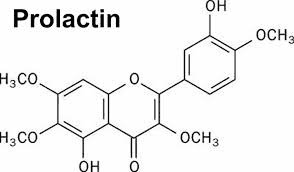
2. The relationship between oxytocin, dopamine, and serotonin?
Oxytocin, dopamine, and serotonin are often referred to as the "happiness hormones." When we are attracted to someone, the brain stimulates the release of dopamine, increases serotonin levels, and boosts oxytocin production. This helps create intense feelings of positivity.
3. The relationship between oxytocin and love
Oxytocin is a hormone closely associated with passionate love, especially in the early stages of a relationship. It is produced during intimacy and is linked to the intensity of pleasure. However, it also helps enhance the positive qualities of human beings, aiding in maintaining happy relationships, often improving:
- Trust
- Intense gaze
- Empathy
- Recollection of beautiful memories
- Fidelity
- Positive communication with each other
- Increased sense of responsibility towards the family
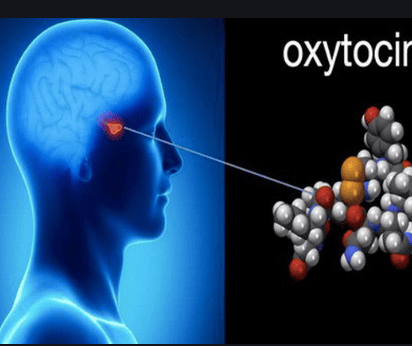
4. The relationship of Oxytocin and loyalty
If oxytocin is released more within a family, both spouses will find each other more attractive than other individuals in society. This may be due to the feelings of joy and excitement that this hormone creates.
According to natural law, the more time and love you invest in your partner, the more oxytocin your body will produce. The more oxytocin your body produces in the presence of your partner, the more you will want to spend the rest of your life with them.
Treatment with oxytocin can help reduce the risk of infidelity. It can make you enjoy socializing with your partner rather than with strangers. Scientists also explain that this may be because oxytocin has the ability to reduce the novelty factor when interacting with strangers.
Patients can go to Vinmec Healthcare System nationwide for examination or contact the hotline here for support.






